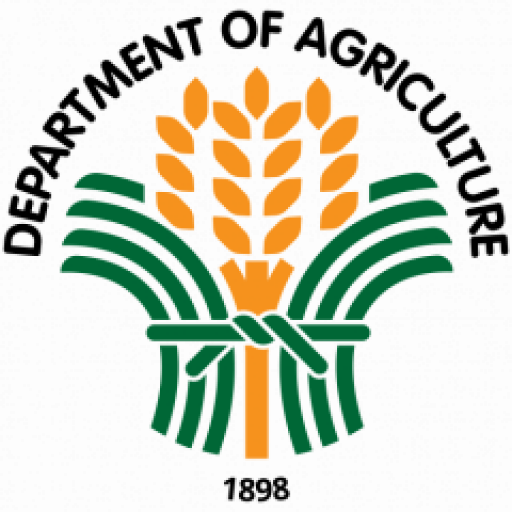The rolling out of the Adaptation and Mitigation Initiatives in Agriculture (AMIA) Decision Support Tools (DSTs) continued in the provinces of Cebu and Bohol on March 25 and 26, respectively, attended by some 69 local local government units (LGUs) composed of municipal agriculturists and technicians and regional line agencies.
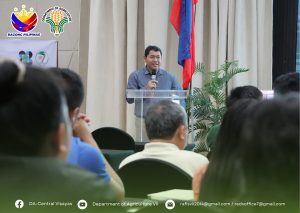
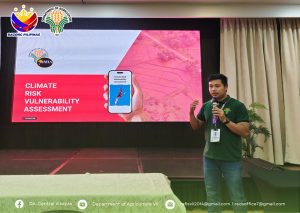
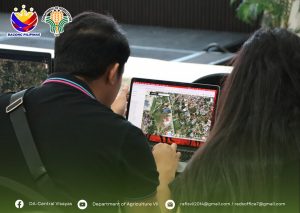
For Cebu roll out, some 45 LGUs participated, while 24 LGUs in Bohol were briefed on the DST.
The DST is a digital platform designed to assist farmers and agricultural stakeholders in making informed decisions based on real-time climate and weather data, ensuring better adaptation to climate-related challenges. It provides data-driven insights on crop suitability, climate patterns, and potential natural hazards.
DA7’s Regional Technical Director for Operations, Engr. Cirilo N. Namoc emphasized the importance of technology in modernizing agriculture. “We need science-based approaches to increase yields, improve investments, and ensure food sufficiency,” he said.
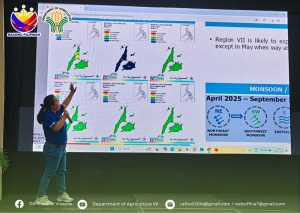
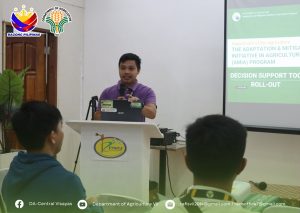
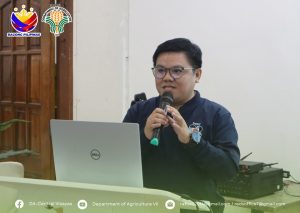
Dr. Fabio Enriquez, DA-7 Research Division Chief, in his message, highlighted the necessity of weather awareness, citing the Philippines’ vulnerability to an average of 20 typhoons annually. “Climate unpredictability poses a risk to agriculture, making these tools vital for sustainability,” he stated.
AMIA DSTs integrate weather forecasts and climate risk assessments to help farmers adapt to climate change, ensuring food security and increased agricultural productivity. The system features the National Color-Coded Agricultural Guide (NCCAG) Map, an interactive portal that overlays soil properties, elevation, rainfall patterns, and temperature data to identify optimal planting areas.
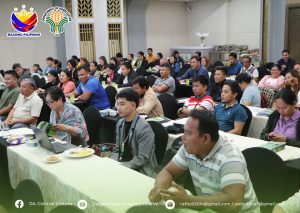
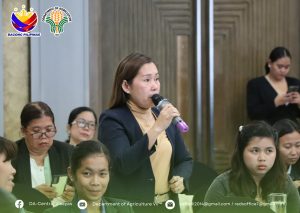
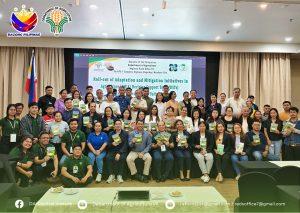
Particpants underwent a hands-on training on the apps of the National Color-Coded Agricultural Guide (NCCAG) Map, a system that identifies ideal planting areas based on real-time data. The NCCAG aims to modernize farming by reducing guesswork and mitigating risks posed by extreme weather.
Facilitating the training were PAGASA Weather Specialist Vhan Sabellano and DA-Climate Resilient Agriculture Office (DA-CRAO) officials Quennie May D. Camu and Zelzo M. Dela Cruz.
Participating line agencies were National Irrigation Authority(NIA), Office of the Provincial Agriculturist-Bohol, Philippine Coconut Authority (PCA), the Department of Agrarian Reform (DAR), the Agricultural Training Institute (ATI), the Bureau of Fisheries and Aquatic Resources (BFAR), the Department of Environment and Natural Resources (DENR), and the Department of Science and Technology (DOST-PAGASA).
The AMIA DSTs can be access through the farmerguidemap.da.gov.ph portal.
